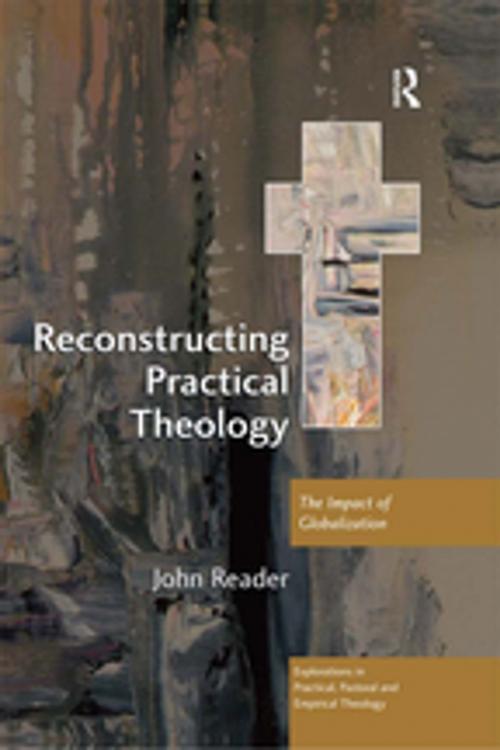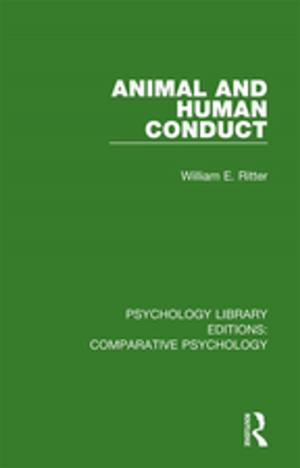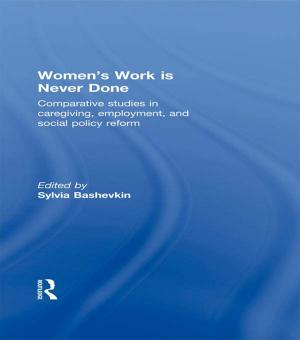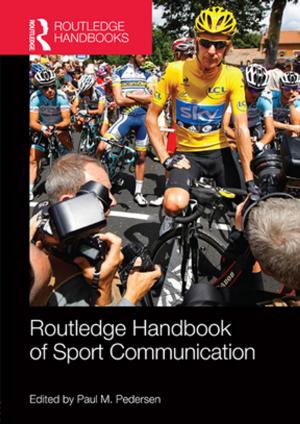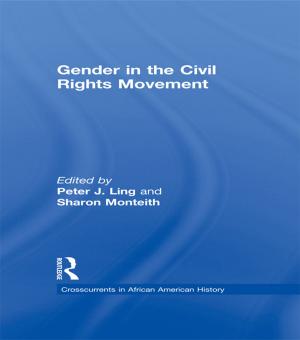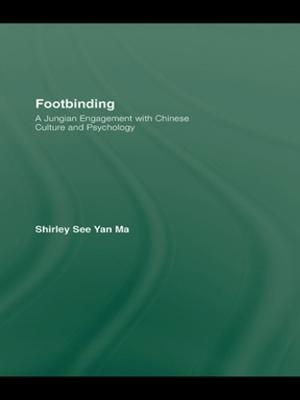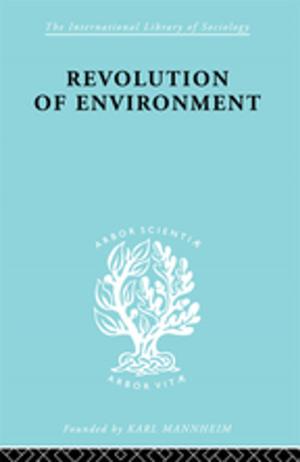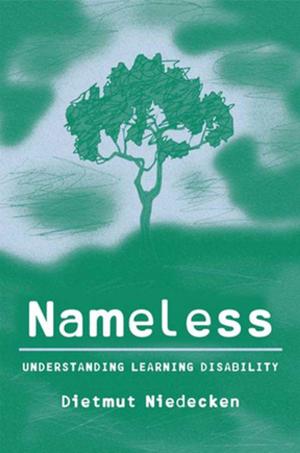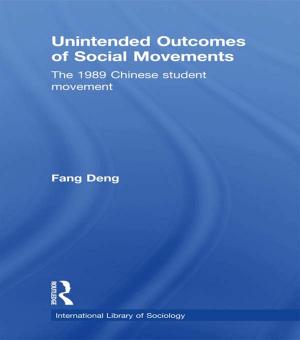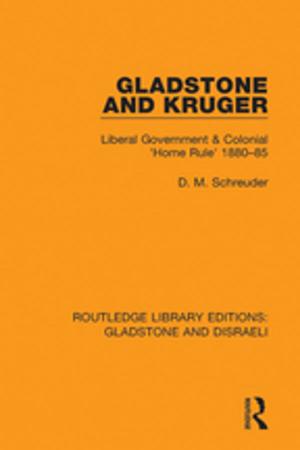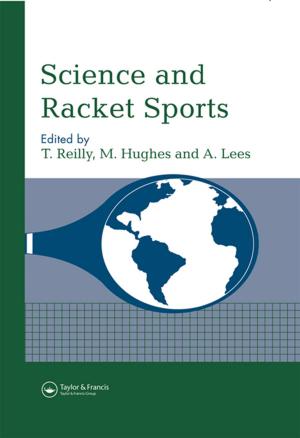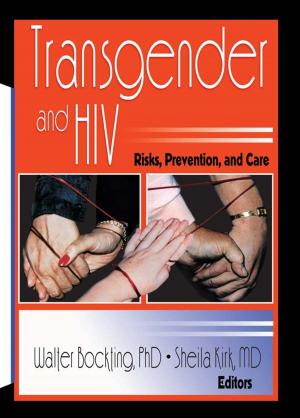| Author: | John Reader | ISBN: | 9781351906197 |
| Publisher: | Taylor and Francis | Publication: | March 2, 2017 |
| Imprint: | Routledge | Language: | English |
| Author: | John Reader |
| ISBN: | 9781351906197 |
| Publisher: | Taylor and Francis |
| Publication: | March 2, 2017 |
| Imprint: | Routledge |
| Language: | English |
This book argues that the discipline of practical theology needs to be re-shaped in the light of the impact of various influences created through the encounter with globalization. Essential to this is an engagement with the insights of other disciplines, e.g. sociology, politics, economics and philosophy. The content and authority of the Christian tradition is being challenged by the blurred encounters with more fluid lifestyles, alternative spiritualities and indeed other faiths as mediated through information technology and the breakdown of attachments to all forms of institutional life. Traditional ways of 'belonging' and relating to places and structures are being eroded leaving the established patterns of ministry, worship, church organisation the province of an ageing population, while those who are now more inclined to search for 'communities of interest' avoid being drawn into the practices and structures of formal religion. What is the future for practical theology in this rapidly changing context? By examining the familiar concerns of the subject John Reader shows how it is in danger of operating with 'zombie categories' - still alive but only just - and presents the possibilities for a reflexive spirituality grounded in the Christian tradition as a way into the future.
This book argues that the discipline of practical theology needs to be re-shaped in the light of the impact of various influences created through the encounter with globalization. Essential to this is an engagement with the insights of other disciplines, e.g. sociology, politics, economics and philosophy. The content and authority of the Christian tradition is being challenged by the blurred encounters with more fluid lifestyles, alternative spiritualities and indeed other faiths as mediated through information technology and the breakdown of attachments to all forms of institutional life. Traditional ways of 'belonging' and relating to places and structures are being eroded leaving the established patterns of ministry, worship, church organisation the province of an ageing population, while those who are now more inclined to search for 'communities of interest' avoid being drawn into the practices and structures of formal religion. What is the future for practical theology in this rapidly changing context? By examining the familiar concerns of the subject John Reader shows how it is in danger of operating with 'zombie categories' - still alive but only just - and presents the possibilities for a reflexive spirituality grounded in the Christian tradition as a way into the future.
